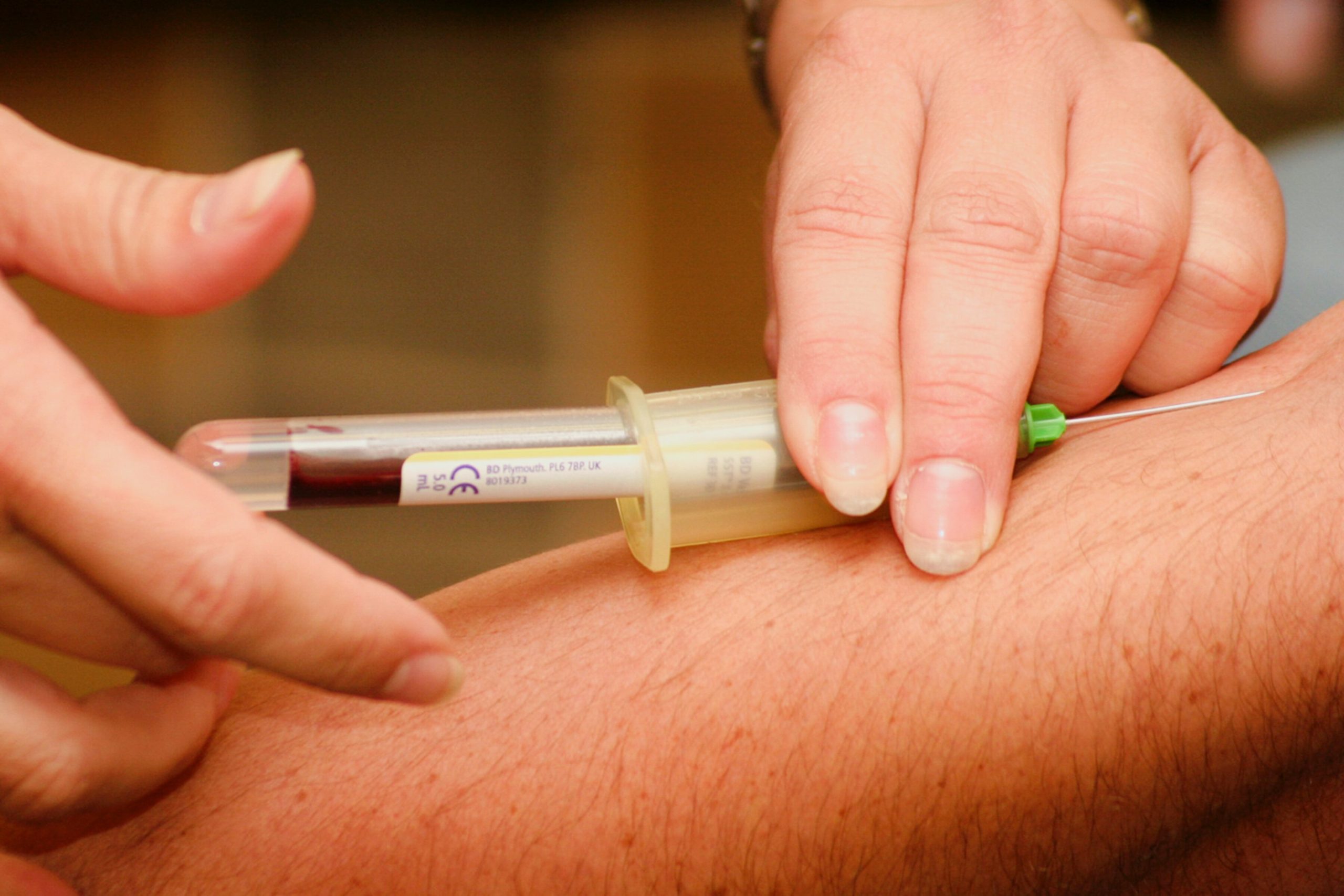Pediatric healthcare is an ever-evolving field, adapting to new scientific discoveries, technological advancements, and changing societal needs. As we progress further into the 21st century, several new trends in pediatric healthcare are emerging, reshaping how we care for our youngest population. This article delves into these trends, providing an informative overview of the current landscape and future directions.
Precision Medicine in Pediatrics
One of the most significant trends in pediatric healthcare is the rise of precision medicine. This approach tailors medical treatment to the individual characteristics of each patient, considering factors such as genetics, environment, and lifestyle. In pediatrics, precision medicine is particularly promising because early intervention can prevent or mitigate long-term health issues.
Genomic sequencing has become more accessible and affordable, allowing for early detection of genetic disorders. For instance, conditions like cystic fibrosis and certain types of congenital heart disease can now be diagnosed shortly after birth, enabling timely and targeted interventions. Moreover, pharmacogenomics—understanding how a child’s genetic makeup affects their response to drugs—is helping pediatricians prescribe more effective and safer medications.
Telemedicine and Remote Monitoring
The COVID-19 pandemic accelerated the adoption of telemedicine, and its benefits have proven particularly valuable in pediatric healthcare. Telemedicine allows for virtual consultations, reducing the need for in-person visits and minimizing exposure to infectious diseases. This is especially beneficial for children with chronic conditions who require frequent medical attention.
Remote monitoring technologies, such as wearable devices and mobile health apps, are also gaining traction. These tools enable continuous monitoring of vital signs and other health metrics, providing real-time data to healthcare providers. For instance, children with diabetes can use continuous glucose monitors to track their blood sugar levels, allowing for timely adjustments to their treatment plans.
Mental Health Focus
The mental health of children and adolescents is receiving increased attention in pediatric healthcare. The rising incidence of mental health issues, such as anxiety, depression, and ADHD, has highlighted the need for early diagnosis and intervention. Pediatricians are now more proactive in screening for mental health concerns during routine check-ups.
Integrated care models, where mental health professionals work alongside pediatricians, are becoming more common. This approach ensures that mental health is addressed as part of a child’s overall health, promoting a more holistic approach to care. Additionally, telepsychiatry is making mental health services more accessible, particularly in underserved areas.
Holistic and Integrative Approaches
There is a growing recognition of the importance of holistic and integrative approaches in pediatric healthcare. This trend emphasizes the treatment of the whole child, considering physical, emotional, social, and environmental factors. Integrative pediatrics combines conventional medical treatments with complementary therapies, such as acupuncture, massage, and nutritional counseling.
Parents are increasingly seeking out pediatricians who are open to these integrative approaches, believing that they offer a more comprehensive path to wellness. This trend is supported by a growing body of research showing the benefits of integrative therapies in managing conditions like asthma, ADHD, and chronic pain.
Personalized Nutrition and Lifestyle Interventions
Personalized nutrition and lifestyle interventions are becoming a cornerstone of pediatric healthcare. Recognizing that diet and lifestyle play crucial roles in a child’s development and long-term health, pediatricians are now offering tailored advice based on individual needs.
For example, children with food allergies or intolerances can benefit from personalized dietary plans that ensure they receive adequate nutrition while avoiding triggers. Similarly, lifestyle interventions, such as exercise programs and sleep hygiene education, are being customized to address specific health concerns. This personalized approach helps in managing obesity, which is a growing concern in pediatric populations.

Advances in Pediatric Surgery
Pediatric surgery is witnessing remarkable advancements, thanks to innovations in minimally invasive techniques and robotic-assisted procedures. These advancements are reducing recovery times, minimizing pain, and improving outcomes for young patients.
For instance, laparoscopic surgery, which involves small incisions and the use of a camera, is now commonly used for procedures like appendectomies and hernia repairs. Robotic-assisted surgery offers even greater precision, making it suitable for complex surgeries such as those involving congenital heart defects. These technological advancements are making surgeries safer and less traumatic for children and their families.
Vaccination and Public Health Initiatives
Vaccination remains a cornerstone of pediatric healthcare, and new trends are emerging in this area as well. The development of new vaccines and improvements in existing ones are helping to protect children from a broader range of diseases. For example, the introduction of the HPV vaccine for younger age groups aims to prevent certain types of cancers later in life.
Public health initiatives are also focusing on increasing vaccination rates through education and outreach programs. Efforts to combat vaccine hesitancy are crucial, as misinformation continues to pose a challenge. Pediatricians are playing a key role in these initiatives by providing accurate information and addressing parents’ concerns.
Digital Health Records and Data Analytics
The adoption of digital health records and data analytics is transforming pediatric healthcare. Electronic health records (EHRs) provide a comprehensive and easily accessible record of a child’s medical history, facilitating better coordination of care. EHRs also enable more efficient tracking of vaccination schedules, growth charts, and developmental milestones.
Data analytics, on the other hand, is helping to identify trends and patterns in pediatric health. By analyzing large datasets, healthcare providers can gain insights into the prevalence of certain conditions, the effectiveness of treatments, and potential risk factors. This information is invaluable for developing targeted interventions and improving overall care.
Family-Centered Care
Family-centered care is an approach that recognizes the vital role of families in a child’s health and well-being. This trend emphasizes collaboration between healthcare providers and families, ensuring that parents and caregivers are actively involved in decision-making processes.
Pediatricians are now more attuned to the needs and preferences of families, providing support and resources to help them navigate their child’s healthcare journey. This approach fosters trust and communication, ultimately leading to better health outcomes for children.
Conclusion
The landscape of pediatric healthcare is rapidly evolving, driven by advancements in technology, a greater understanding of mental health, and a shift towards personalized and holistic care. These new trends in pediatric healthcare are paving the way for more effective, efficient, and compassionate care for children. As we continue to embrace these innovations, the future of pediatric healthcare looks promising, with the potential to significantly improve the health and well-being of our youngest generation.










